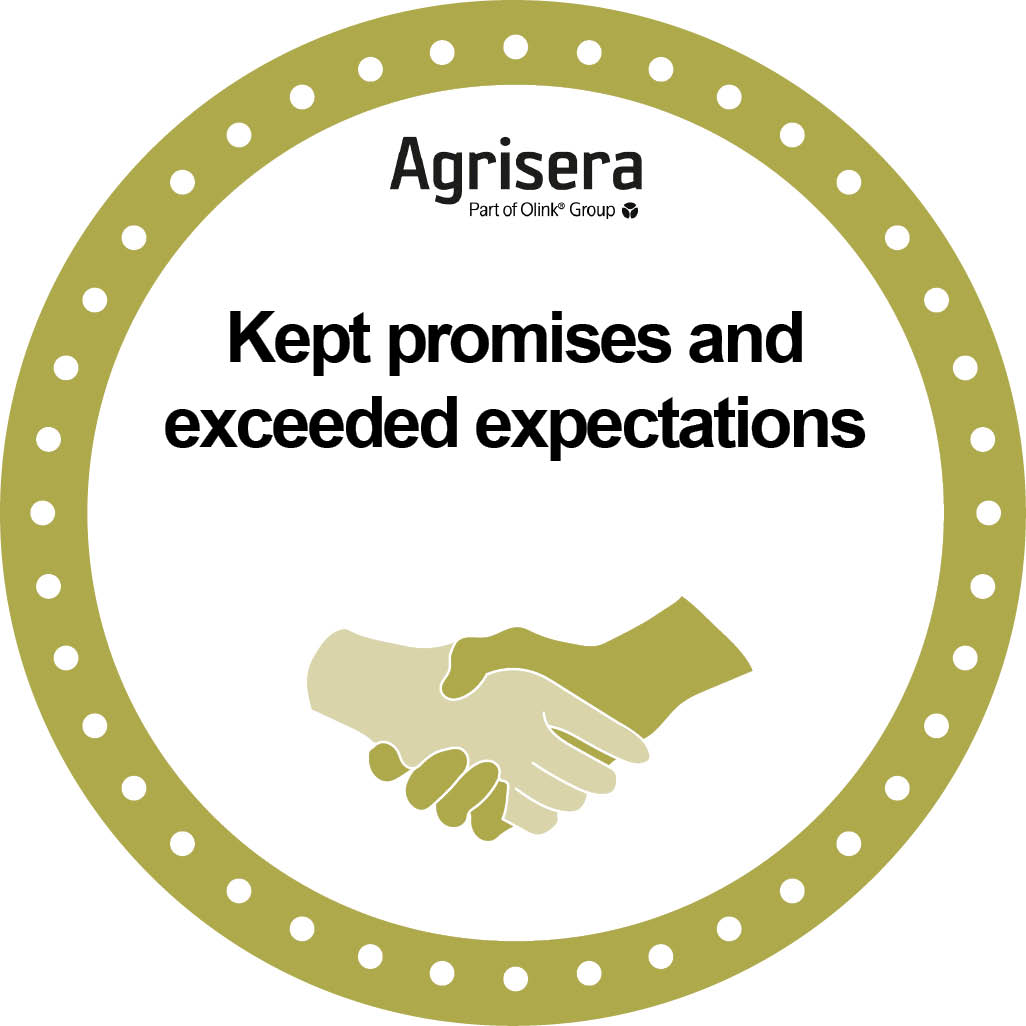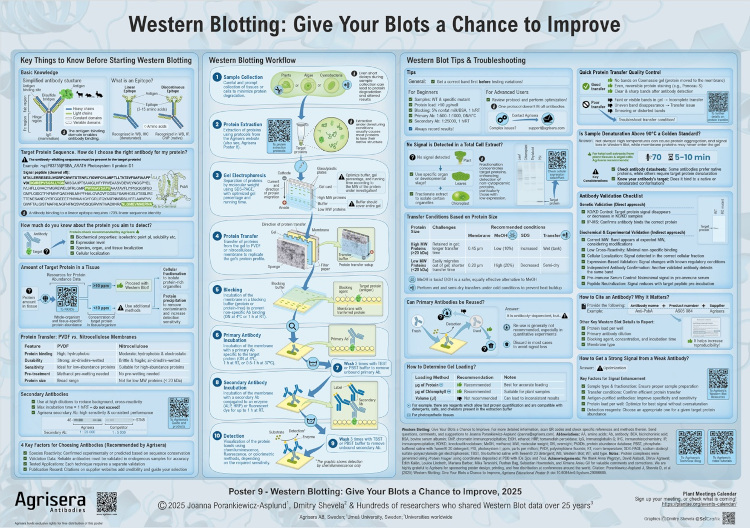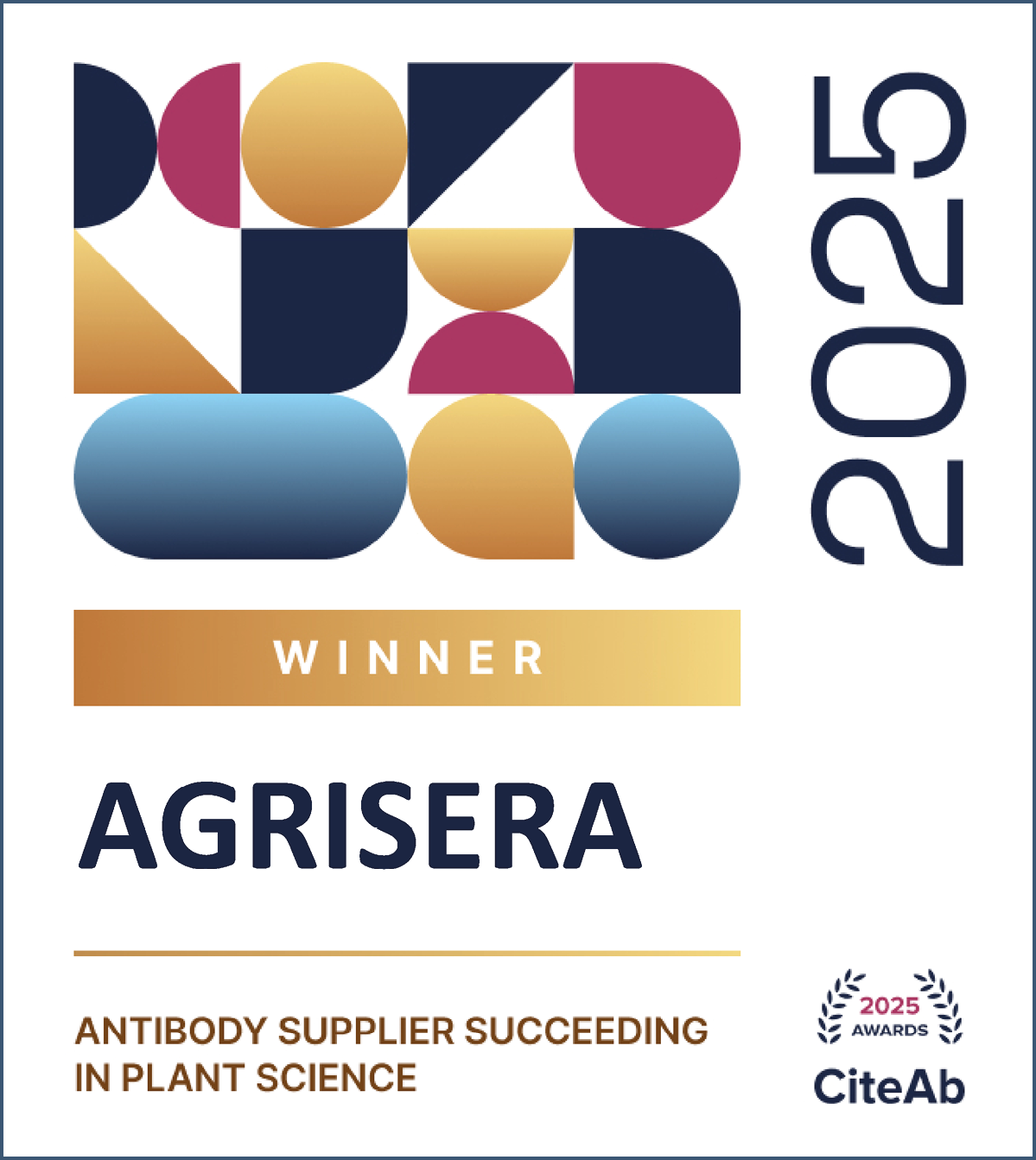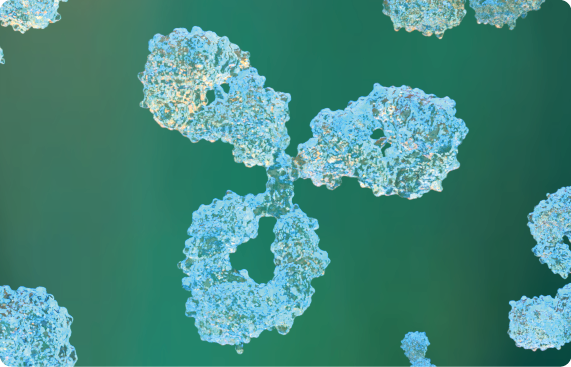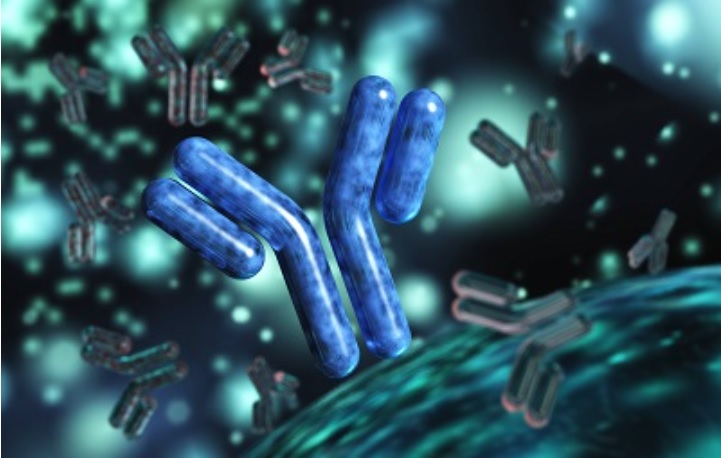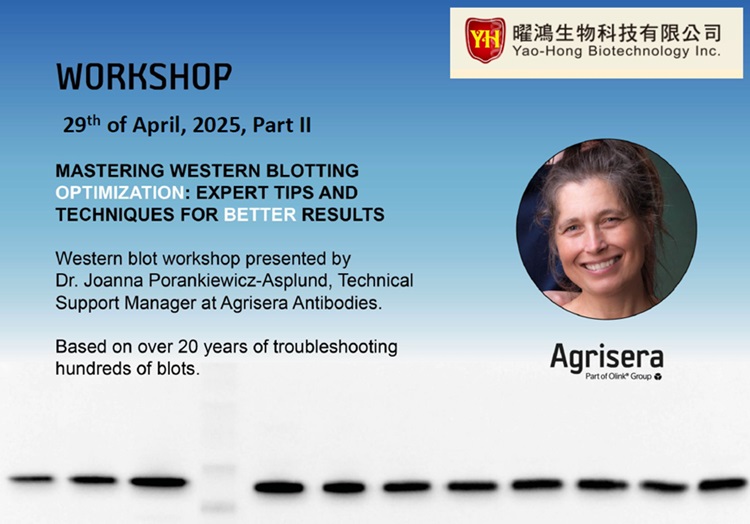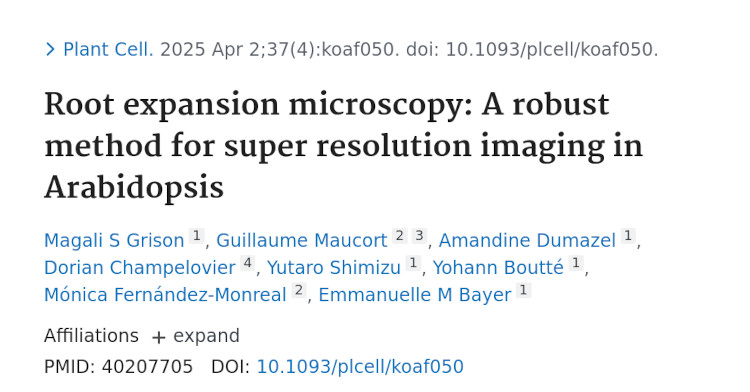Agrisera supports 25th Conference of the Austrian Society of Plant Biology
| Agrisera supported the 25th conference of the Austrian Society of Plant Biology, which took place between the 29th and 31st of May, in Tulin, organized by the Institute of Botany of BOKU University. Conference topics included covered many aspects of the biology of plant cell. Agrisera educational posters focused on photosynthesis, epigenetics, protein extraction and Western blot were offered for participants, as well as Western blot guide and Agrisera catalogue. | 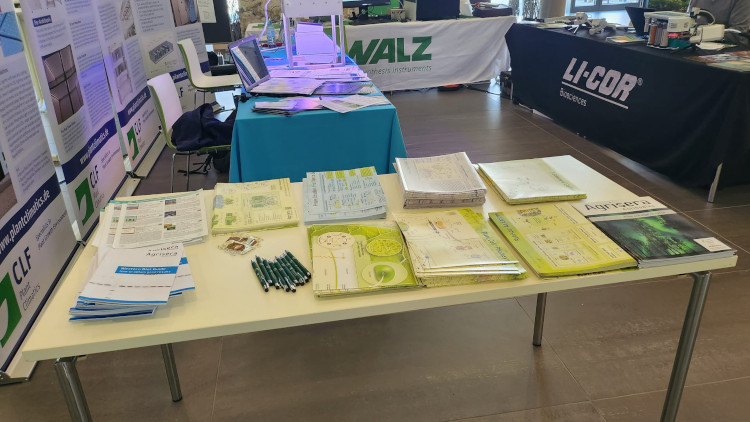 |



